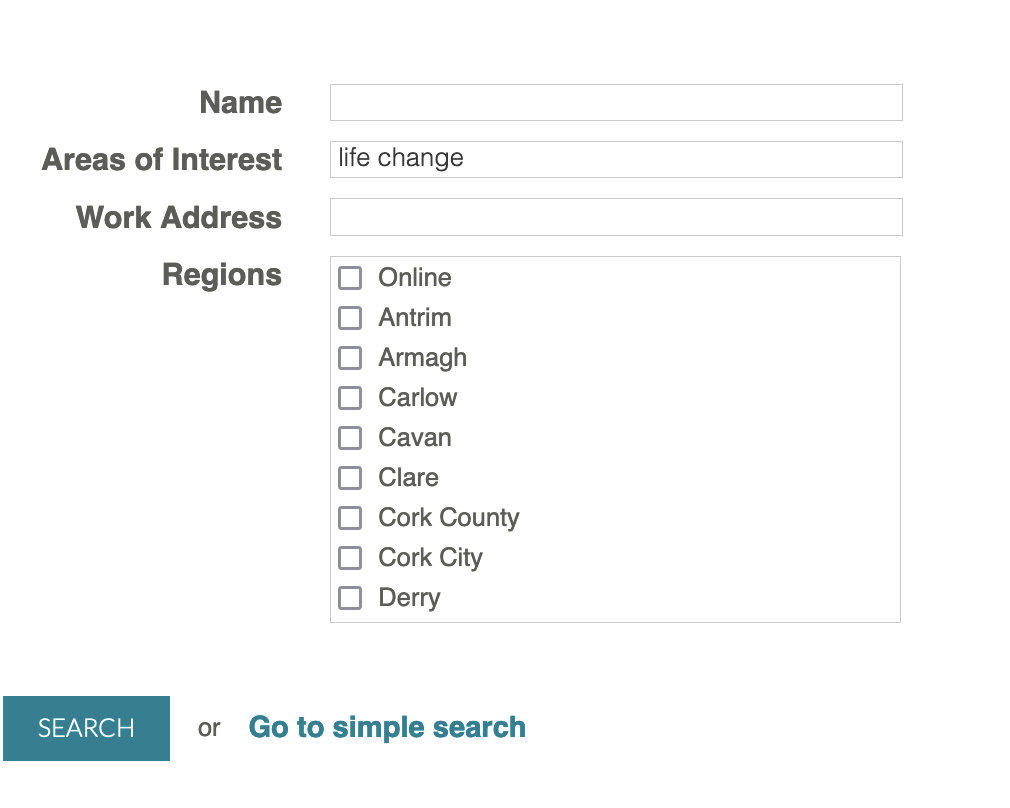
In recent times, awareness of menopause and perimenopause has increased dramatically. It is now understood that the onset of symptoms often occurs at a much younger age than was previously understood to be associated with the end of menstruation. We also know that the symptoms are wide-ranging and go way beyond hot flashes and night sweats.
While the physical changes during this time are well-known, the emotional and psychological aspects are often overlooked. Many women experience a range of emotional symptoms during perimenopause and menopause, such as changes in mood, anxiety, depression and irritability.
Fluctuating oestrogen and progesterone levels can lead to changes in mood, sleep disturbances and increased stress. Additionally, women may face various life changes during this time such as aging parents, heavy workloads and raising teenagers, which can further contribute to emotional distress.
Psychotherapy can play a crucial role in helping women navigate these psychological and emotional challenges and promote overall well-being. It can help women reduce negative thought patterns, challenge irrational beliefs, manage stress and improve their overall emotional well-being.
Depression is another emotional challenge that can occur during perimenopause and menopause. Psychotherapy can help women explore the underlying causes of their depression, develop coping strategies and improve overall mood.
Psychotherapy also offers an opportunity to address the impact of perimenopause and menopause on relationships. As hormonal changes affect emotions and libido, couples may face challenges in their intimate relationships. Therapists can provide guidance and support in navigating these changes, helping couples communicate effectively, foster intimacy, and adjust to the new dynamics of their relationship.
Overall, if your quality of life is being affected, it is a good idea to seek help. An IAHIP accredited psychotherapist will tailor the approach to individual needs and address the specific symptoms and challenges each woman is facing.
A Range Of Experts Available To You
IAHIP Psychotherapists are trained to help people with menopause and peri menopause. You can search the IAHIP Psychotherapist Directory for this particular issue or any of the issues that may have developed from these changes.
On the Directory page, simply type the issue into the ‘Areas of Interest’ Box:

Additional Resources
For more information on Menopause and Peri Menopause, you can access articles from our professional journal - Inside Out. Go to the top left of this website page and enter the topic into the search box.

